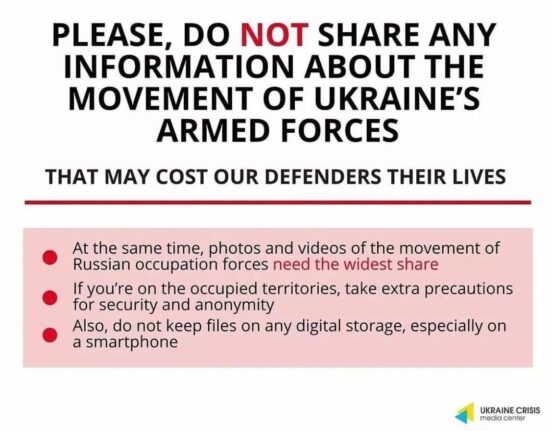Amidst the intricate web of international relations and nuclear ambitions, the Middle East finds itself once again on the brink of conflict. The stage is set with Iran’s contentious nuclear program, the United States’ withdrawal from the Iran nuclear deal, and Israel’s steadfast determination to prevent what it perceives as an existential threat. As these dynamics collide, the world watches with bated breath, wary of the potential consequences of a region embroiled in turmoil.
The roots of this ongoing saga can be traced back to Iran’s nuclear aspirations, a source of heated debate and suspicion among global powers. While Iran maintains its nuclear activities are for peaceful purposes, Western nations and the International Atomic Energy Agency remain skeptical. The discovery of clandestine nuclear facilities in 2002 sparked international concern, leading to sanctions and diplomatic efforts to curb Iran’s nuclear ambitions.
The landmark nuclear agreement in 2015 aimed to address these concerns by involving major world powers and Iran in a commitment to limit Iran’s nuclear program in exchange for economic sanctions relief. However, the deal faced a significant setback when the U.S., under President Trump’s administration, unilaterally withdrew in 2018, citing flaws in the agreement and Iran’s non-compliance with broader issues such as missile development.
Central to this geopolitical drama is Israel’s steadfast stance against Iran’s nuclear program. Israeli Prime Minister Benjamin Netanyahu has long viewed Iran’s nuclear pursuits as an existential threat to his nation’s security. The specter of a nuclear-armed Iran looms large in Israel’s strategic calculus, prompting proactive measures to avert what it perceives as an imminent danger.
As the diplomatic wrangling continues, tensions escalate with recent reports of Iran accelerating its uranium enrichment activities beyond the limits set by the nuclear agreement. The International Atomic Energy Agency’s findings underscore the growing urgency of the situation, fueling concerns about Iran’s nuclear capabilities and intentions.
Amidst the diplomatic maneuvering and military posturing, the specter of conflict looms large over the region. The U.S.’s decision to evacuate its citizens from the Middle East underscores the gravity of the situation, signaling a heightened risk of military confrontation. The prospect of targeted strikes on Iran’s nuclear facilities, as hinted by U.S. and Israeli officials, raises the stakes in an already volatile region.
The intricate dance of diplomacy and brinkmanship plays out against a backdrop of regional rivalries, power struggles, and historical animosities. The fate of the Iran nuclear deal hangs in the balance, with the potential for far-reaching implications on global security and stability. As the world grapples with the specter of nuclear proliferation and conflict in the Middle East, the need for diplomatic solutions and de-escalation grows ever more urgent.
In the midst of uncertainty and heightened tensions, the international community watches with a mix of apprehension and hope, knowing that the decisions made in the corridors of power will have far-reaching consequences. The path ahead remains uncertain, fraught with risks and challenges, underscoring the delicate balance of power and diplomacy in a region on the brink.









Leave feedback about this